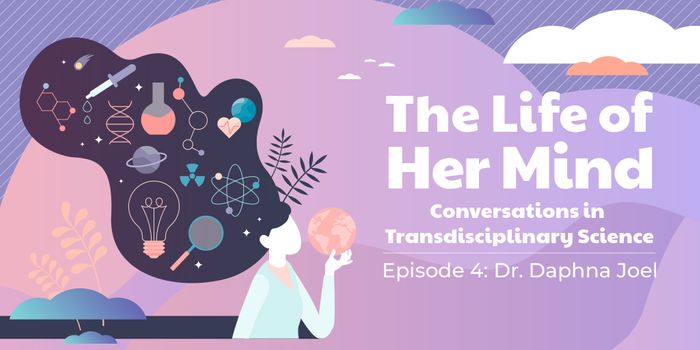Antidepressants are the most commonly prescribed class of medication, second only to antibiotics. That's because depression affects more than 20 million people in the United States alone. Symptoms of depression can vary, but typically include feelings of sadness and hopelessness, sleep disturbances, appetite changes, difficulty concentrating, lack of energy, and fatigue.
Many classes of antidepressants act by changing the levels of neurotransmitters, such as serotonin, dopamine, and norepinephrine. The thought is that depression is caused by a chemical imbalance, and the drugs work by restoring equilibrium in the brain. But there are conflicting data on whether antidepressants actually work.
There is not one final answer to depression likely because the disease is complex, involving many different pathways and causes. Watch the video to learn more about the different antidepressants and how scientists think they work.








